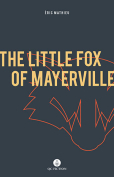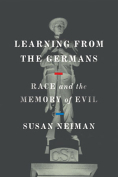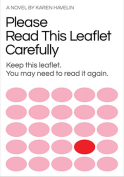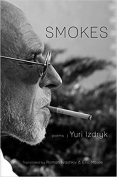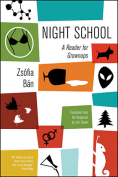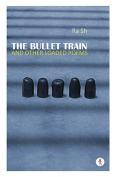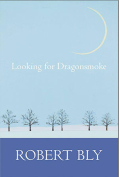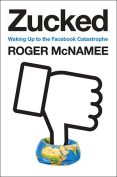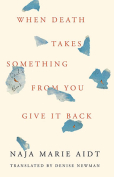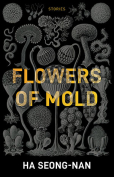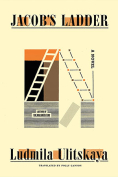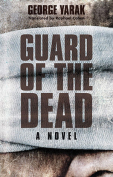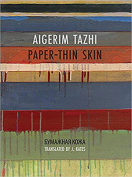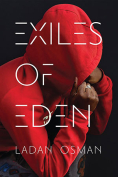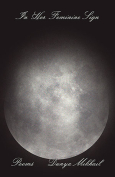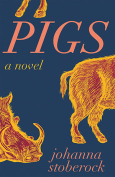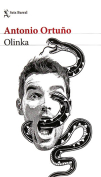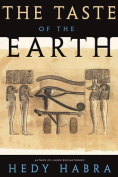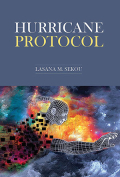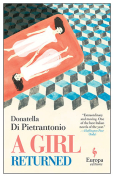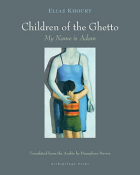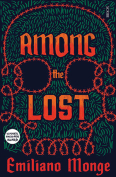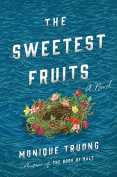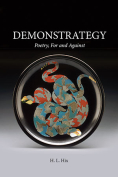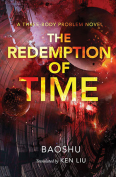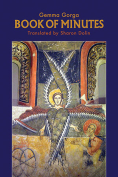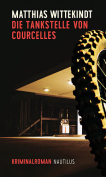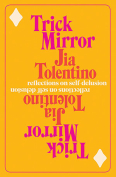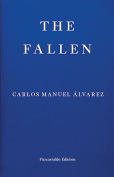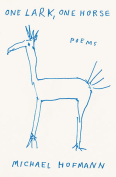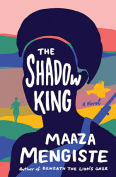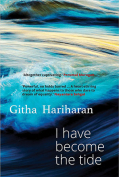Trick Mirror by Jia Tolentino
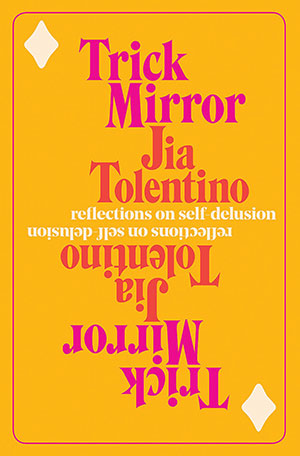 New York. Random House. 2019. 303 pages.
New York. Random House. 2019. 303 pages.
Jia Tolentino’s collection of essays, Trick Mirror, is a critical study of the internet age, capitalism, and religion through the slant of her own contemporary feminism. Her sharp sense of self-awareness and disillusionment brew together to create nine essays that are inherently millennial, challenging in thought, and a perfect mix of academia and story.
In one of the longer essays, “Pure Heroines,” Tolentino walks readers down a lovely road of vignettes of their childhood literary favorites, all reverently analyzed, slipping into writing about writing. Her examples range from adolescent to adult women, mostly contemporary, some classic, all oozing with the nostalgia one naturally imposes when reading about one’s past. Tolentino extracts the foundational relationship each of the protagonists and their societies has to men, both familiar to them and in the abstract, and studies it.
In conversation with research by Nancy Miller, she helps rebrand the literary definition of “heroine,” expanding it considerably into novels that feature women who are less extraordinary than representative. We fall into her argument regarding these “heroine texts” and their selfhood trajectory, from “brave to blank to bitter,” eager and unsuspecting. She subverts expectations about her conclusions, ultimately circling back to denounce the white and straight female condition in literature.
Through “Ecstasy,” she paints an unexpected picture, juxtaposing the rise of Houston megachurches and hip-hop, The Screwtape Letters and DJ Screw, and the hypocrisy of southern evangelical Christianity and the increase in popularity of lean, a combination of cough medicine, soft drinks, and hard, fruit-flavored candy. She gives a deep, subtly scathing, completely relatable portrait of growing up in a religion entrenched in partisan politics. She explores Texas’s wealth inequality enforced by the guise of God’s will—and the quiet racism she experienced as a result—alongside a look at the creation and initial medical use of MDMA, aka ecstasy. Her fascination with religion and drugs is inextricable and inexplicably similar. In wrestling with philosophies of different ecstatic women, including Anne Carson and Marguerite Porete, Tolentino blurs the line between sober and ecstasy-driven spiritual revelations, culminating in her celebration of her own brand of spirituality that looks nothing like the megachurches of her hometown.
Tolentino’s breakout collection emphasizes her cleverness as both a contemporary writer and thinker. Her ability to see and explain with clarity the side effects of the internet age and “optimizing feminism” is strong, and her quick wit and sharp eye allow her to mold for readers a full circle in her essays—clear arguments and engaging anecdotes that are thought-provoking and easy to follow. She lends to her work at the New Yorker an invaluable sense of millennial culture, whether she’s writing about capitalism or Juuling, and Trick Mirror is no exception.
Taylor Hickney
New York City
